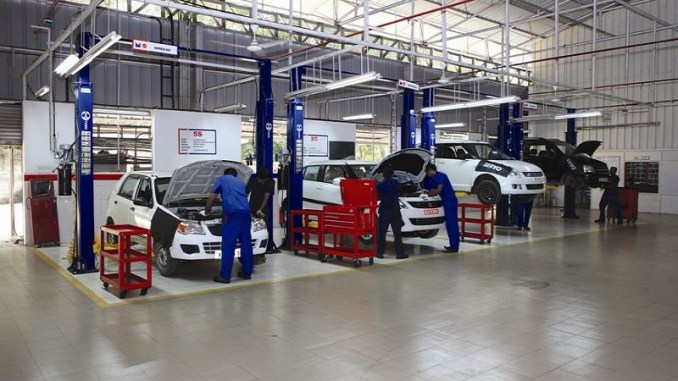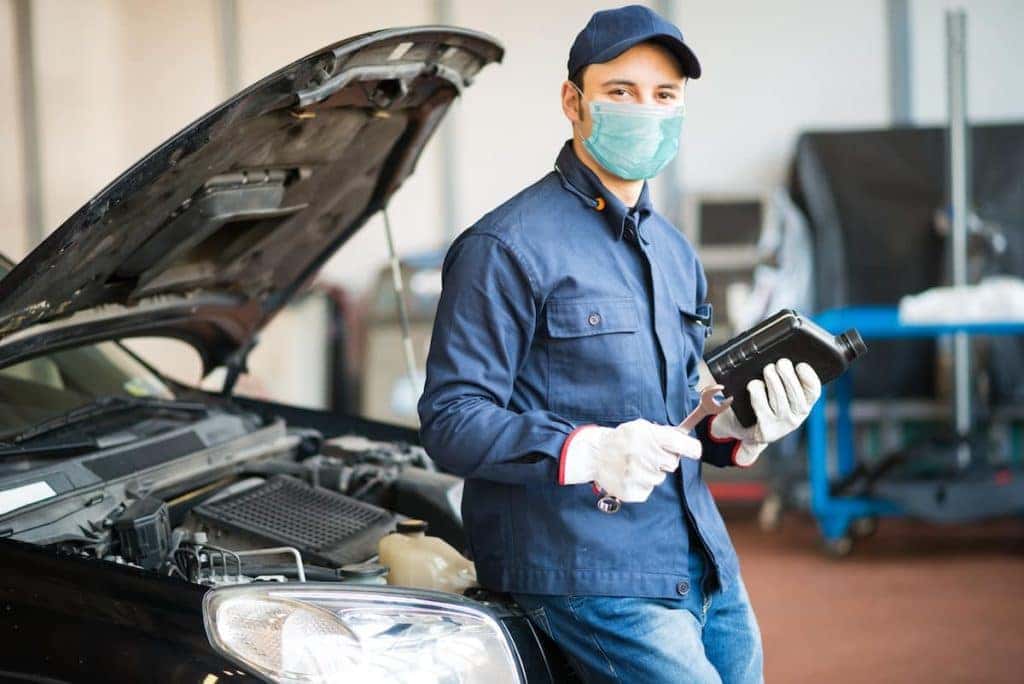All Categories
Featured

Your car's engine is the heart of your car, and keeping it in top condition is necessary for ideal performance and long life. Regular engine tune-ups are a terrific method to maintain your car's health, improve fuel effectiveness, and prevent expensive repair work in the future. Whether you're a car fanatic or someone that simply intends to keep their lorry running smoothly, these engine tune-up suggestions will help you obtain one of the most out of your automobile.
- Change Glow Plugs. Spark plugs play a vital duty in starting your engine and ensuring smooth combustion. With time, spark plugs can end up being unclean or broken, causing misfires, decreased fuel efficiency, and rough idling.
Throughout an engine tune-up, inspect and replace your ignition system if required. Most automobiles need new stimulate plugs every 30,000 to 100,000 miles, relying on the kind. Frequently replacing ignition system ensures appropriate ignition and optimal engine performance.
- Examine and Clean the Air Filter. The air filter prevents dust, dust, and debris from entering your engine. A clogged up or unclean air filter restricts airflow, creating your engine to function harder and shed more gas.
Evaluate your air filter during a tune-up and replace it if it's unclean. In messy atmospheres or locations with hefty air pollution, you might require to transform the air filter more frequently. A clean air filter can enhance gas effectiveness and expand the life of your engine.
- Inspect and Replace Belts and Hose Pipes. Belts and tubes are essential for numerous engine functions, such as powering the alternator, water pump, and a/c system. Gradually, these parts can break, battle royal, or break, potentially resulting in breakdowns.
Throughout a tune-up, check belts and hoses for indications of wear and change them if required. Replacing these components proactively can conserve you from expensive fixings and prevent unforeseen failures.
- Tidy the Fuel System. Your fuel system, including the fuel injectors and fuel lines, can accumulate dust and carbon deposits over time, lowering engine performance. Cleaning the gas system during a tune-up helps improve efficiency and fuel economic situation.
You can use a gas system cleaner or have an expert mechanic perform an extra complete cleansing. This step is specifically essential for older automobiles or vehicles that often drive in stop-and-go web traffic.
- Check the Battery and Charging System. A healthy and balanced battery is crucial for starting your engine and powering electrical elements. Throughout a tune-up, inspect the battery terminals for rust and make certain the connections are limited.
Inspect the battery's voltage and change it if it reveals indicators of weakness. In addition, have the alternator and charging system tested to guarantee your battery remains billed during operation.
- Change the Engine Oil and Oil Filter. Oil changes are an essential component of engine maintenance. Engine oil lubricates relocating components, lowers friction, and aids control engine temperature. With time, oil ends up being infected and sheds its effectiveness.
Throughout a tune-up, change the engine oil and oil filter to maintain your engine running smoothly. Follow your vehicle's producer referrals for oil type and change periods.
- Examine the Cooling System. The cooling system avoids your engine from overheating. Over time, coolant can weaken or come to be infected, decreasing its effectiveness.
Check the coolant degree and problem during a tune-up, and flush and replace it if needed. Check the radiator, water pump, and pipes for leaks or damages. A well-maintained cooling system assists your engine operate at the ideal temperature level and protects against overheating.
- Evaluate the Ignition System. A malfunctioning ignition system can cause starting problems and lowered engine efficiency. Throughout a tune-up, inspect the ignition coils, supplier cap, and rotor (if relevant) Change any type of elements that reveal indicators of wear or damages to guarantee smooth and reputable engine procedure.
- Pay Attention for Unusual Noises. During a tune-up, seize the day to pay attention for any type of uncommon engine noises, such as knocking, ticking, or hissing. These sounds can suggest underlying problems, such as shutoff troubles, loose parts, or exhaust leakages. Dealing with these problems early can stop more extensive damages.
- Usage Top Quality Parts and Fluids. When executing an engine tune-up, always use top quality parts and fluids that meet your automobile producer's specs. Inexpensive or incorrect parts can compromise your engine's efficiency and dependability.
Conclusion: A Well-Tuned Engine is Trick to Long life. Regular engine tune-ups are essential for maintaining your automobile's performance, efficiency, and integrity. By changing used components, cleaning important systems, and resolving prospective concerns, you can keep your engine running smoothly for several years to come. Whether you're doing it yourself or counting on a trusted mechanic, purchasing tune-ups is a clever means to secure your lorry and take pleasure in a safer, smoother experience.
Latest Posts
Find Montclare Auto Repair’s Most Popular Auto Repairs and Why Drivers Choose Them
Shield Your Home with High Quality Residential Roof
Uncover Budget-Friendly Auto Repairs with Montclare’s Exclusive Service Specials
More
Latest Posts
Find Montclare Auto Repair’s Most Popular Auto Repairs and Why Drivers Choose Them
Shield Your Home with High Quality Residential Roof
Uncover Budget-Friendly Auto Repairs with Montclare’s Exclusive Service Specials
